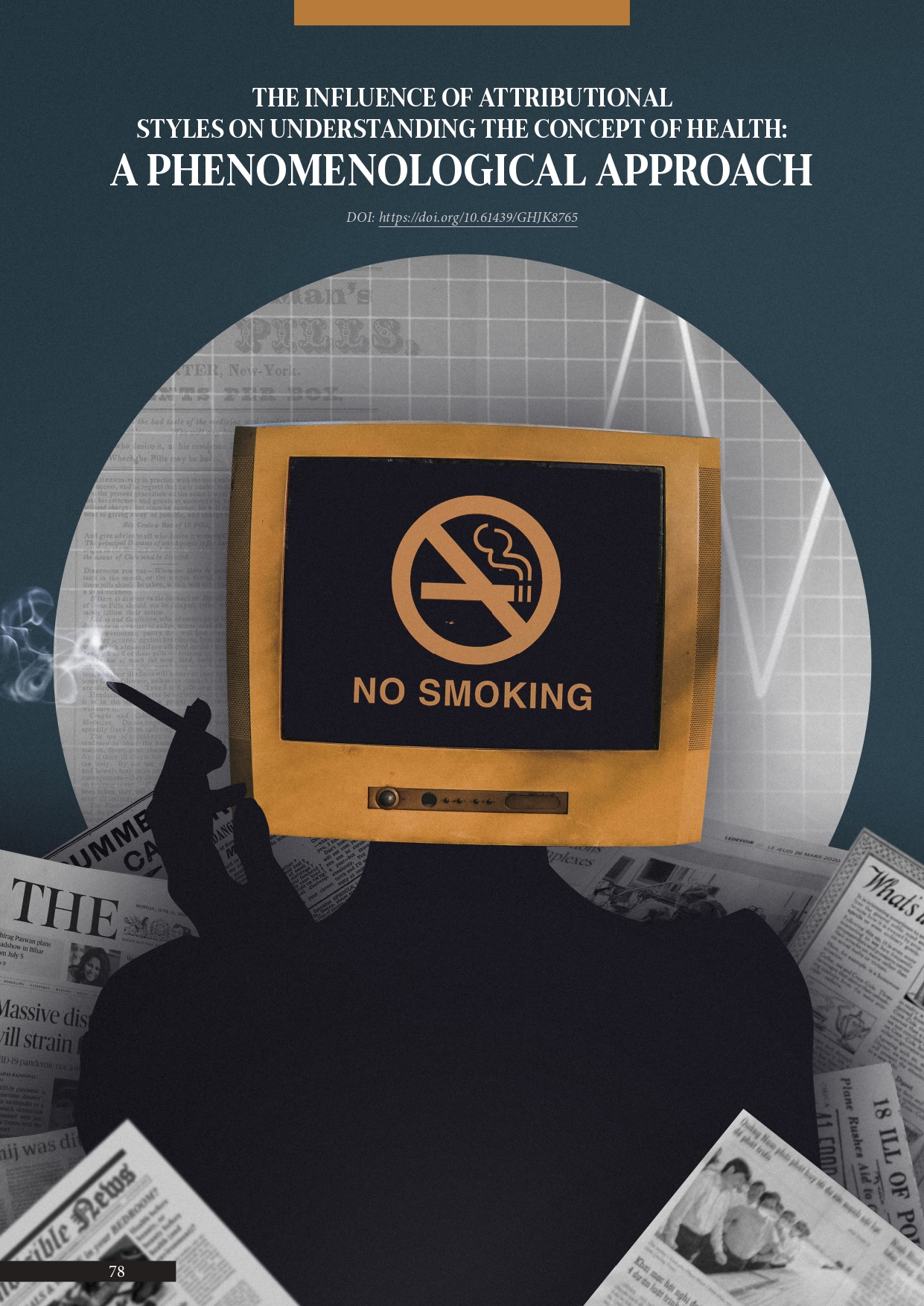The Influence of Attributional Styles on Understanding the Concept of Health: a Phenomenological Approach
##plugins.themes.academic_pro.article.main##
Abstract
The article demonstrates that attribution theory originated from the work of Haider, who believed that individuals are motivated to view their social life as orderly and controlled. This means that they need to understand cause-and-effect relationships. In an attempt to explain why a person's assessment of their own risks can be wrong and why people can be unrealistically optimistic, Weinstein suggests that, in such cases, a mechanism of selective focus is triggered, whereby individuals ignore their own behaviour that increases risks and focus on behaviour that reduces risks or does not affect them.
The article emphasises that media campaigns to promote healthy behaviour and prevent unhealthy behaviour have become one of the main tools for public health pro- fessionals trying to improve the outcomes of their work. The article concludes that the main media messages of the campaign are often complemented by other approaches, such as distributing educational printed materials or creating a news stream on the campaign topic, particularly when budgets for buying airtime or media space are limited.
DOI: https://doi.org/10.61439/GHJK8765

